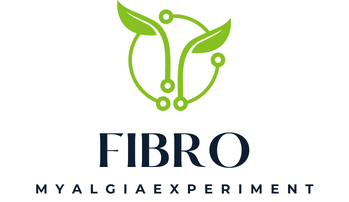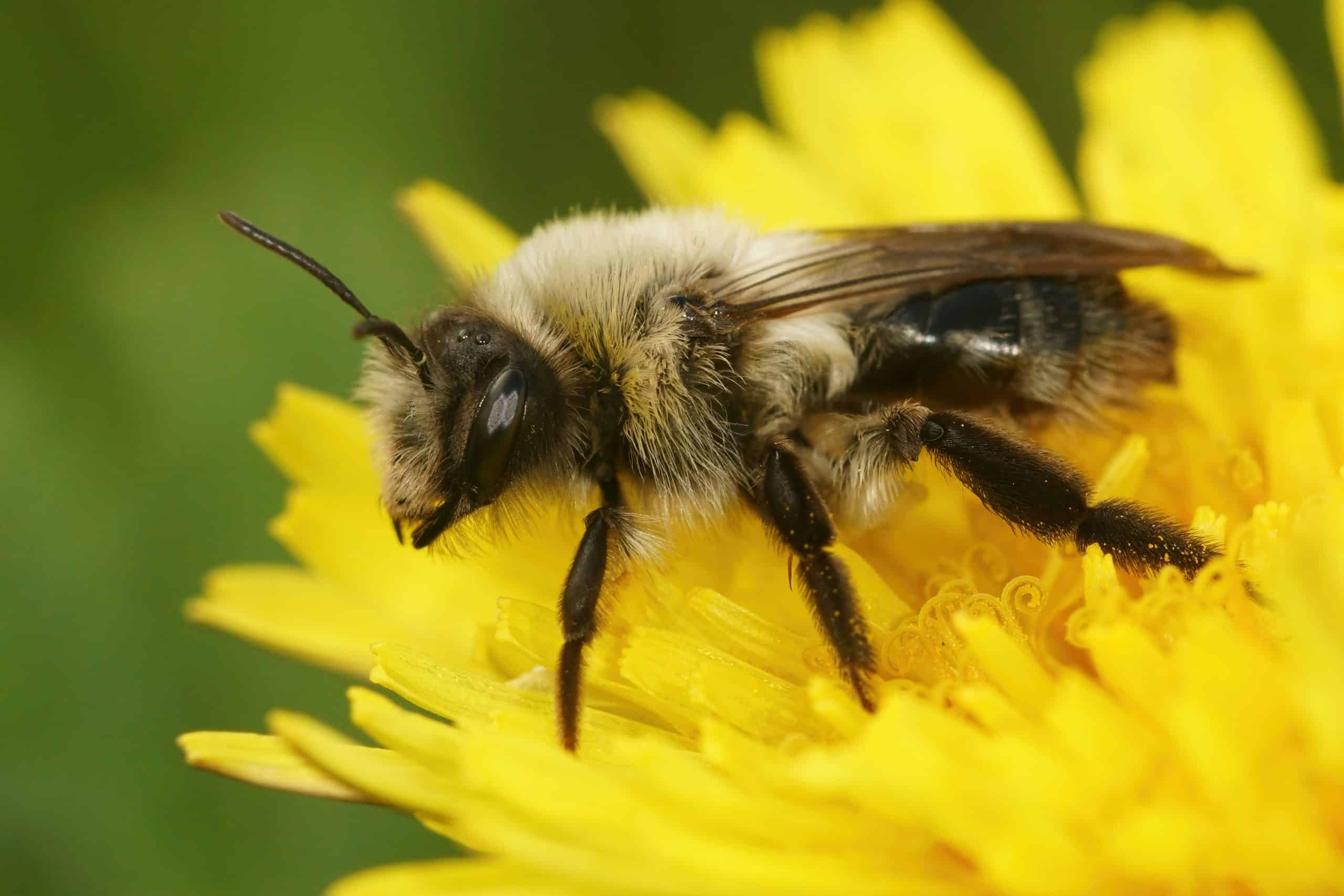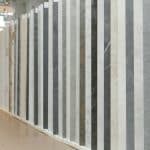In a world increasingly dominated by concrete jungles, urban beekeeping could be an unexpected savior. As cities expand, often at the cost of natural habitats, the importance of integrating sustainable development practices into urban life grows more pressing. Urban beekeeping is one such practice that may hold the key to healthier environments and improved community well-being. This article will delve into the significance of beekeeping in urban areas, focusing on its impact on environmental health and the wellbeing of local communities.
The Intricate Role of Bees in the Urban Environment
The role bees play in our environment is more significant than many people realize. These tiny creatures provide essential environmental services through pollination, which is critical for food production and biodiversity preservation. Let’s dissect the importance of bees in an urban setting.
Dans le meme genre : What Is the Role of Companion Animals in Managing PTSD Symptoms in Veterans?
Pollination, the transfer of pollen from the male parts of a flower to the female parts, is crucial for plant reproduction. Bees are superstars of the pollination world, responsible for a large proportion of pollination services. In urban environments where green spaces are often limited, bees help to maximize the productivity of existing vegetation, contributing to local food systems and green infrastructures.
Moreover, bees are excellent bioindicators, providing valuable data about the urban environment’s health. Their presence, behavior, and health can offer insight into levels of pollution, availability of food resources, and the overall quality of the urban ecosystem.
A lire également : How Does Exposure to Virtual Nature Environments Relieve Stress in Office Workers?
The Sweet Benefits of Urban Honey
Urban beekeeping doesn’t just benefit the environment, it also yields tangible products like honey. Urban honey is unique and reflects the diversity of the local flora. It brings a taste of nature right into the cityscape.
Honey, a natural sweetener, is laden with antioxidants, vitamins, and minerals. It’s a healthier alternative to processed sugars and can be produced sustainively within urban environments, fostering a localized food system. In the context of growing concerns about food miles and the environmental impact of food production, urban honey provides a local, low carbon footprint alternative.
Furthermore, the production of urban honey can stimulate local economies. Beekeepers can sell their products directly to consumers, creating a new income stream and fostering community connections.
The Impact on Community Well-being
Urban beekeeping isn’t just about bees or honey. It’s also about people. Through beekeeping initiatives, individuals can become urban beekeepers, scholars of their local ecosystem, and stewards of their environment.
For many, beekeeping can be a therapeutic activity. The process of caring for a beehive, watching bees go about their daily tasks, and harvesting honey can bring about a sense of peace and fulfillment. It can help people feel grounded and connected to nature, even in the heart of the city.
Moreover, beekeeping can foster community bonds. Urban beekeeping initiatives often involve elements of community education, collaboration, and collective responsibility. They can create opportunities for social interaction, shared learning, and community building, contributing significantly to local community well-being.
Urban Beekeeping and Sustainable Development
Urban beekeeping aligns closely with the goals of sustainable development. It promotes biodiversity, contributes to local food systems and economies, and fosters community well-being. But how can cities support and encourage urban beekeeping initiatives?
To begin with, cities can enact policies that recognize and support urban beekeeping. They can provide spaces for beehives, offer training and resources for aspiring beekeepers, and facilitate the sale of local honey.
Furthermore, cities can work to protect and enhance urban green spaces, which serve as vital foraging grounds for bees. They can plant a variety of flowering species to ensure a consistent food supply for bees throughout the year.
Lastly, cities can promote public education about bees and their role in the environment. By dispelling misconceptions and fostering appreciation for these remarkable insects, cities can create a more hospitable environment for bees and beekeepers alike.
The Future of Urban Beekeeping
The practice of urban beekeeping is gaining momentum worldwide as more individuals and organizations recognize its myriad benefits. It holds promise for improving environmental health, promoting sustainable development, and enhancing community well-being. However, its success hinges on collective action and supportive urban policies. As we look to the future, we must continue to advocate for these buzzing urban dwellers and the invaluable services they provide. For it is in the humble act of beekeeping that we might find a sweet path towards healthier, happier urban communities.
The Role of Urban Agriculture in Supporting Bee Populations
Urban agriculture is a rapidly growing field that has the potential to support and enhance urban beekeeping practices. It includes practices like rooftop gardening, community gardens, and vertical farming, all of which can provide necessary resources for city-dwelling honey bees.
Rooftop gardens are particularly beneficial for urban beekeepers. Elevated from ground-level pollutants and often filled with diverse flora, these gardens can serve as safe havens for honey bee colonies. These green spaces are not only beneficial for honey bees, but they also improve the quality of urban life by providing greenery, reducing the heat island effect, and contributing to local food production.
Community gardens offer a similar range of benefits. They provide much-needed green spaces within densely populated urban environments and serve as community hubs, fostering connections among residents, and promoting well-being. For bee populations, these gardens are a vital source of diverse food, essential for their health and productivity.
Moreover, engaging in urban agriculture can be an educational experience. By getting involved in community gardens or rooftop farming, individuals can learn about the importance of bee pollination and ecosystem services. It can help dispel misconceptions about bees and foster appreciation for these crucial pollinators.
The Rising Trend of Urban Beekeeping
In cities around the world, from Buenos Aires to Tokyo, urban beekeeping is on the rise. This trend has been driven by a variety of factors, including an increased awareness of the environmental benefits of urban beekeeping, a desire for local and sustainable food sources, and the therapeutic benefits of beekeeping.
Urban beekeepers play a vital role in maintaining and boosting bee populations. By providing safe habitats and abundant food sources, they help ensure the survival of these crucial pollinators. At the same time, they reap the benefits of bee products like honey and wax and contribute to local food systems.
Moreover, urban beekeeping initiatives are often community-driven, providing opportunities for social engagement, shared learning, and collective responsibility. Google Scholar and Crossref are replete with studies documenting the positive impact of these initiatives on community well-being.
Finally, the rise of urban beekeeping reflects a broader shift towards sustainable urban development. By fostering biodiversity, promoting local food production, and enhancing community well-being, urban beekeeping aligns closely with the principles of sustainable development.
Conclusion: Nurturing Urban Beekeeping for Healthier Cities
Urban beekeeping is more than just a hobby. It’s a practice that has significant implications for environmental health, sustainable development, and community well-being. By providing indispensable pollination services and producing valuable bee products, urban beekeepers contribute to their cities in numerous ways.
The benefits of urban beekeeping go beyond the tangible. It can foster a sense of community, provide therapeutic benefits, and help people connect with nature in the heart of the city. It’s a practice that nurtures both the environment and the well-being of urban residents.
Supporting and nurturing urban beekeeping requires collective action and thoughtful urban policies. Cities can play a pivotal role by recognizing and supporting urban beekeeping, protecting and enhancing green spaces, and fostering public education about bees and their role in the environment.
The increasing trend of urban beekeeping worldwide is a testament to its myriad benefits. As we look to the future, continued advocacy for these buzzing urban dwellers and the invaluable services they provide will be crucial. Indeed, it is through the humble act of beekeeping that we might pave the way for healthier, happier urban communities.






